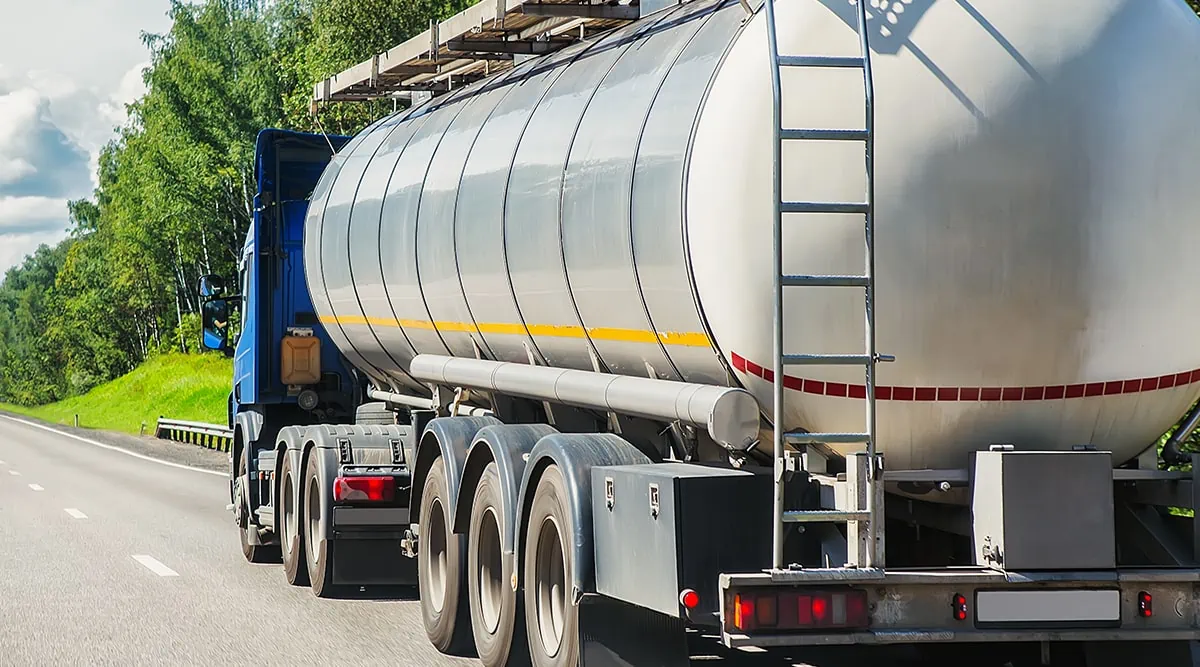Some Known Questions About Reclaim Waste.
More About Reclaim Waste
Table of ContentsSome Known Details About Reclaim Waste Fascination About Reclaim WasteReclaim Waste Can Be Fun For EveryoneReclaim Waste Fundamentals ExplainedGetting The Reclaim Waste To Work
Explore the types, events, and types of liquid waste. Residential sewer waste refers to the waste and items from a household septic container. This sort of waste is produced by people in houses, institutions, and various other buildings. This only consists of sewage-disposal tanks that have a drain field. The proper monitoring and disposal of domestic sewage waste need fluid waste to be moved to a sewage treatment plant where the appropriate techniques and tools are applied to cleanse and take care of waste.
Business waste often consists of possible dangers, such as flammable materials or a blend of fluid and solid waste items, and calls for an advanced and detailed disposal process. The disposal of industrial waste normally involves the filtering of waste before transportation to ensure safe and appropriate disposal. Industrial waste is developed from results and overflow of commercial procedures and manufacturing.
This sort of waste can not make use of the same sewer management transportation or processes as septic or commercial liquids. The hazardous waste management process requires the assessment and screening of fluid waste before it undertakes the disposal process (liquid waste disposal). Overflow waste is the liquid waste that comes from overflow and excess stormwater in extremely booming areas or cities
Runoff waste can create contamination and flooding if not handled effectively. Making certain appropriate waste monitoring can protect against disasters and lower environmental damage.
Things about Reclaim Waste
Get in touch with PROS Solutions today to learn more about our waste administration and disposal services and the proper ways to look after the liquid waste you produce.
(https://zenwriting.net/reclaimwaste1/innovative-industrial-wastewater-treatment-solutions-by-reclaim-waste)This so-called 'wastewater' is not just an important source however, after treatment, will certainly be released to our land, rivers or the ocean. Made use of water from toilets, showers, bathrooms, cooking area sinks, washings and industrial processes is recognized as wastewater.

water used to cool down equipment or tidy plant and devices). Stormwater, a form of wastewater, is drainage that flows from farming and urban locations such as roofings, parks, yards, roadways, courses and rain gutters into stormwater drains pipes, after rain. Stormwater moves untreated directly to regional creeks or rivers, eventually reaching the ocean.
Excitement About Reclaim Waste
In Queensland, most wastewater is treated at sewage treatment plants. Wastewater is delivered from residential or commercial sites through a system of sewers and pump stations, understood as sewage reticulation, to a sewer treatment plant.
The Department of Natural Resources encourages city governments concerning handling, operating and preserving sewerage systems and treatment plants. In unsewered areas, neighborhood governments may need owners to mount private or household sewer treatment systems to treat residential wastewater try this web-site from toilets, kitchen areas, bathrooms and laundries. The Division of Natural Resources authorises using house systems when they are verified to be effective.
Many stormwater obtains no treatment. In some brand-new neighborhoods, treatment of some stormwater to get rid of clutter, sand and gravel has started utilizing gross contaminant traps. Wastewater therapy takes place in 4 phases: Removes solid matter. Bigger solids, such as plastics and other items mistakenly discharged to drains, are gotten rid of when wastewater is travelled through screens.
Utilizes small living organisms knows as micro-organisms to damage down and get rid of continuing to be dissolved wastes and fine particles. Micro-organisms and wastes are incorporated in the sludge.
The Best Guide To Reclaim Waste
Nutrient removal is not readily available in any way sewer treatment plants due to the fact that it needs pricey specialized equipment. It is coming to be much more typical in Queensland. Clear fluid effluent created after treatment might still include disease-causing micro-organisms. If this effluent is launched into rivers such as rivers or the sea, the micro-organisms will at some point die out.

This typically indicates wastewater has to be dealt with or pollutants removed before it can be discharged to rivers. Most wastewater moves right into the sewerage system. Under the Act, local federal governments provide authorizations and licences for environmentally pertinent activities (Periods) including wastewater releases that could have a neighborhood effect. The division administers approvals and permits to Periods involving wastewater releases that could have a regional or statewide effect.
3 Easy Facts About Reclaim Waste Shown
Or else, samples are considered lab analysis. Frequently lots of examinations are required to develop the levels of each of the different contaminants such as oils, heavy metals and pesticides in water. Tracking supplies valid details concerning water high quality and can verify that permit problems are being met. The details obtained with tracking gives the basis for making water top quality decisions.